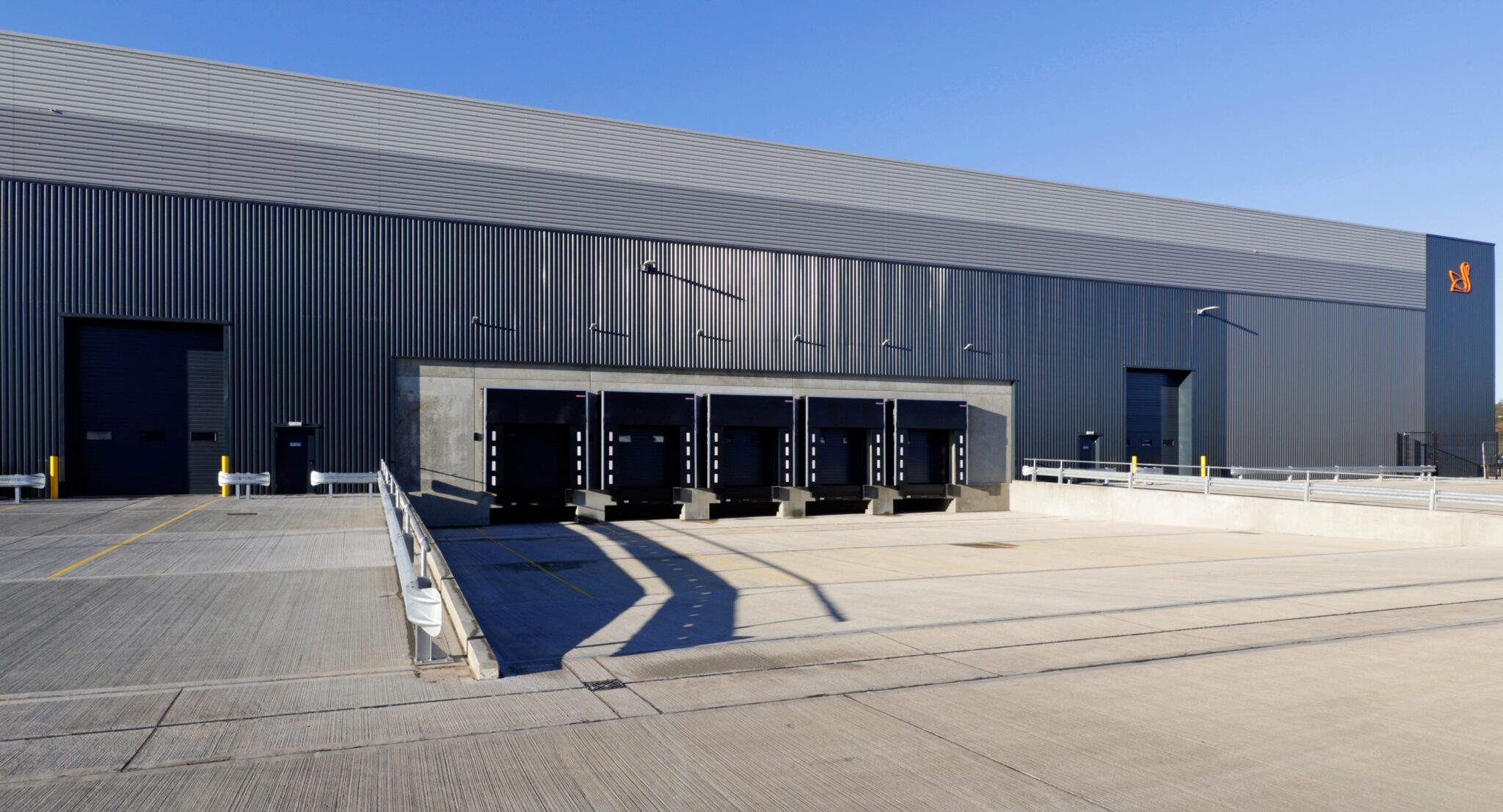The British International Freight Association (BIFA) has an exciting new development in its programme of training: all-inclusive access to a range of bitesize eLearning courses. This initiative is designed to provide full trading members with unlimited access to eLearning, giving opportunities for them to upskill their teams, and is all part of the membership fee.
BIFA Bitesize is a suite of eLearning that has been developed as part of BIFA’s ongoing commitment to provide a variety of training options, aimed at enhancing knowledge in areas critical to freight forwarding, customs compliance, and international trade.
The first rendition of BIFA Bitesize content features extracts from the existing BIFA Freight Forwarding and Customs Essentials courses. Some of the key topics include: Preparing to Trade; Incoterms 2020; Inward and Outward Processing; Customs Warehousing; Classification; Returned Goods Relief; Paying HMRC, and Procedure Codes.
Additionally, a brand new CDS Compliance course will be added to the platform very soon. The initial mandatory module, centred around an import home-use declaration, outlines potential consequences of compliance errors. Subsequent modules, which cover a range of regimes, will follow.
These courses have been carefully curated to support both newcomers and experienced professionals in the industry, ensuring that all staff of all members have access to up-to-date and relevant basic training to further support their professional development. It also helps BIFA members to stay ahead in the fast-paced world of international trade and customs compliance, which is evolving constantly.
Carl Hobbis, member services director at BIFA, who has management responsibility for the trade association’s training and development services said: “We believe the inclusion of this eLearning platform as part of the standard membership subscription of full members is a game changing move for a trade association in the sector.
“BIFA Bitesize is accessible via the BIFA member portal at www.bifa.org which provides full details on how to navigate the platform and access the courses. There are no limits on the number of learners per member that can be enrolled, enabling companies of all sizes to provide high-quality, flexible training to their entire teams.”
Steve Parker, director general of BIFA added: “We are always striving to provide exceptional value to our members via a variety of training options. With BIFA Bitesize, we believe we are setting a new benchmark in freight and logistics training. We are excited to see this new service in action and look forward to supporting our members in their continued professional development, which is one of the core services of the trade association.”
For members who prefer more formal qualifications or instructor-led training, BIFA continues to offer its highly regarded BTEC qualifications and a range of trainer-led courses. These options are ideal for those seeking more in-depth, accredited learning experiences.
similar news











